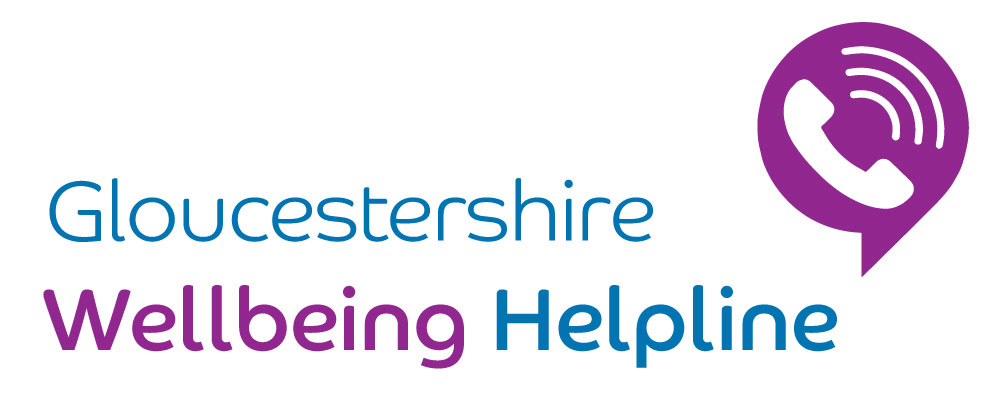
Factsheets and Resources
From dealing with anxiety to seasonal affective disorder, this page has links to the advice and information pages on Rethink Mental Illness and our partner charity Mental Health UK.
If you are in crisis or need emotional support, please visit our Get Help Now page on the main Rethink Mental Illness website.
Anxiety
We all have feelings of anxiety, worry and fear sometimes. These can be normal responses to certain situations. For example, you might worry about a job interview or paying a bill on time. But if you have an anxiety disorder, these feelings of fear and danger can be ongoing and interrupt your daily routine long after the threat has gone. They can make you feel as though things are worse than they actually are. Read more on Rethink.org
Depression
Depression is a long-lasting low-mood disorder. Depression is when you feel persistently sad for weeks or months rather than just a few days. It affects your ability to do everyday things, feel pleasure or take an interest in activities. Read more on Rethink.org
Self-Harm
Self-harm is intentionally harming yourself, such as by scratching, cutting, overdosing on medication, biting or burning. Self-harm isn’t a mental illness, but it is often linked to mental distress. You may self-harm because you find it difficult to cope with your moods or how you feel. Everyone has their own reasons for self-harming. Read more on Rethink.org
Physical activity and mental health
Getting enough exercise and being active can be important for both your mental and physical health. Some medications might make you feel more tired. But moderate exercise can help to improve your mood and general wellbeing and help you to feel better about yourself. Read more on Rethink.org
Stress
Stress is the feeling of being under too much mental or emotional pressure. When you are stressed, your body releases stress hormones such as adrenaline and cortisol. A small amount of stress can be useful. It can motivate you to take action and get tasks completed. It can also make you feel alive and excited. But too much stress can cause negative effects such as a change in your mood, your body and relationship issues. Read more on Rethink.org
Seasonal Affective Disorder (SAD)
It is common for changing seasons, weather and temperatures to affect people’s comfort, mood, energy levels, sleeping patterns and appetite. If you experience a prolonged period of low mood returning at the same time of year, that is impacting on your daily life, then you might have Seasonal Affective Disorder (SAD). Read more on Mentalhealth-uk.org
Alcohol and our wellbeing
Alcohol is a depressant, meaning it slows down neural activity. It can interfere with our mood, thoughts and behaviour. There are close links between alcohol and mental health, including the use of alcohol to mask or reduce symptoms of mental-ill health, which can lead to dependency and cause further mental health problems. Understanding our relationship with alcohol can help us to monitor how it effects our mental health. Read more on Mentalhealth-uk.org
Body image and mental health
The term ‘body image’ relates to how we think or feel about our bodies. Many of us will experience a negative feeling towards our body at some point in our lives, and these prolonged feelings can cause symptoms of anxiety, depression and eating disorders. Read more on Mentalhealth-uk.org
Sleep and mental health
Problems with sleep can affect how you feel physically and mentally, and how you feel can also affect how you sleep. Find out how a lack of sleep can affect your mental health, and what you can do to improve it. Read more on Mentalhealth-uk.org
For more resources, please see the full list of advice topics on the Rethink Mental Illness website or the Mental Health UK website.

Share this page on Facebook or Twitter
Tweet